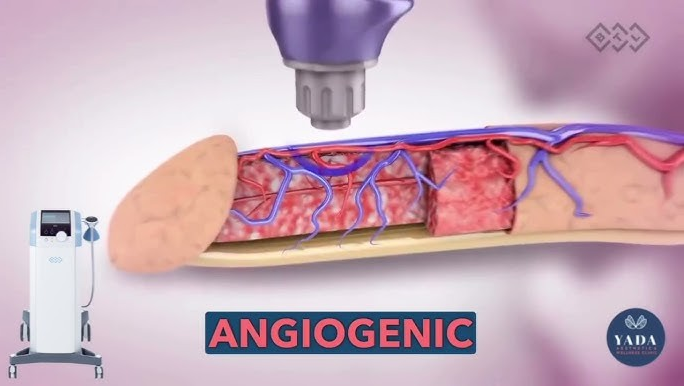Erectile dysfunction (ED) is more common than you might think, but many shy away from discussing it. It’s defined as the persistent inability to achieve or maintain an erection firm enough for sexual intercourse, and it can be a sign of other health issues.
Addressing ED early can save a lot of hassle later on. Not only might it signify underlying medical conditions like heart disease or diabetes, but dealing with it on time also helps in preserving relationships and mental well-being.
When it comes to diagnosis, doctors rely on both physical examinations and conversations about your medical and sexual history. Blood tests might also be conducted to check hormone levels, and other relevant factors, ensuring a comprehensive evaluation.
There are loads of myths out there, like ED is always a part of aging or that only older men face it. Reality check: ED affects young guys too. What’s crucial is to get the right info and seek help if needed instead of believing what’s mostly just hearsay.
Lifestyle Changes as First-line Treatment
Tackling erectile dysfunction often starts with some lifestyle changes. What you eat plays a significant role in your sexual health. Foods rich in fruits, veggies, whole grains, and fish can work wonders for your vitality.
Exercise isn’t just for losing weight or building muscles. Regular physical activity boosts circulation and reduces stress levels, both of which are incredibly important for preventing erectile difficulties. Even simple activities like walking each day can make a big difference.
Managing stress is key. Stress impacts more than just your mood; it takes a toll on your overall health, including your sexual function. Practices like yoga, meditation, or even spending time on hobbies can help keep stress in check.
Don’t underestimate the power of a good night’s sleep. Not getting enough rest can throw off your hormones and energy levels, affecting your ability to achieve an erection. Prioritizing sleep can help maintain the balance your body needs.
Habits like smoking and drinking can have a major impact on erectile function. Tobacco restricts blood flow, making it harder to get or keep an erection. Similarly, heavy alcohol use can lead to ED. Cutting back or quitting these habits can significantly improve your situation.
Medical and Non-medical Treatment Options
Oral medications are usually the go-to solution for many guys dealing with ED. Drugs like sildenafil (Viagra), tadalafil (Cialis), and vardenafil (Levitra) work by boosting blood flow to the penis, making it easier to get an erection with stimulation. They’re pretty effective and have offered hope for many.
If pills aren’t quite your thing or haven’t worked, there’s a world of medical devices to explore. Vacuum erection devices (VEDs) create a vacuum that pulls blood into the penis, while penile implants offer a more permanent solution, especially if other treatments haven’t been successful.
Ever considered acupuncture? Some guys look into alternative therapies for managing ED. While these aren’t everyone’s cup of tea, a few find relief through less conventional approaches. It’s always best to consult with a healthcare provider to see if they’re right for you.
Testosterone replacement therapy might be another path if low testosterone is the issue. This can be in the form of gels, patches, or injections and can have significant impacts on your sex drive and ability to gain an erection when low levels are involved. Always discuss the pros and cons with your doctor to find the best approach for your situation.
The Importance of Open Communication with Healthcare Providers
Open discussions with your doctor can make a world of difference. It might feel awkward at first, but building a good relationship with your healthcare provider is key to finding a treatment that works for you.
When chatting with your doctor, it’s helpful to know what to ask. Inquiries like potential side effects of medications or exploring other therapies can ensure you’re making informed decisions about your treatment.
Sometimes, the hardest hurdle is emotional. Seeking treatment can feel daunting due to stigma or embarrassment. But remember, seeking help is a sign of strength, and healthcare professionals are there to guide you through the process without judgment.

